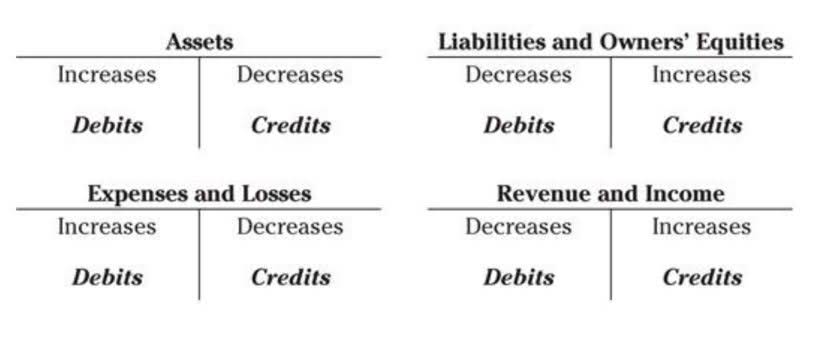What Is an Audit Report? Key Components and Opinions

Give your stakeholders the tools and opportunity to research and look into your Liability Accounts findings themselves. Show that you know what you’re talking about in the compliance realm by referencing authoritative documents, calling out audit evidence, and providing insightful data. Auditors will find their work easier with inbuilt audit/verification tools available in TallyPrime. The data analysis tools facilitate in conducting internal analysis and verification of the company’s financial data.
#6 – Opinion
It should mention that the financial statements are the responsibility of the organization’s management. It is their responsibility to formulate and execute necessary financial controls to ensure the accuracy of the financial records. The responsibility also includes audit reports the maintenance of accounting records to prevent fraud.
107 California Healthy Youth Act
- The Audit Report provides a clear picture of the company’s financial health without having to analyze the reports on your own.
- An audit report is a formal document that presents the findings and conclusions of an audit conducted to assess an organisation’s financial statements, systems, processes, or compliance with specific standards or regulations.
- Report key statistics and contextual details as part of your audit report to give relevance to audit findings and keep stakeholders invested in the content.
- A financial audit report serves as a critical tool for internal auditors and audit trainees, providing a practical example of how to assess an organization’s financial health and compliance.
- If strong internal controls are in place, then the financial data may be deemed true and fair.
- Whether you’re producing them for financial statements, internal control evaluations, or compliance audits, the format, accuracy, and clarity of your report matter.
By the end of this article, you will have a deep understanding of the different types of audit reports, the key components that comprise them and the best practices for their creation and dissemination. The government agency uses audit reports and financial statements to assess the completeness and accuracy of the tax declaration. On the other hand, a qualified, adverse, or disclaimer of opinion can raise red flags about the company’s financial health and governance. On top of this, the type of audit opinion can hugely impact the company’s access to capital.

The 4 types of audit reports (audit opinions)
Compliance audits are impartial reviews verifying an organization’s adherence to specific external laws, regulations like HIPAA or OSHA, industry standards, or internal policies, helping mitigate legal and financial risks. Publicly accessible data regarding ICFR (Internal Controls over Financial Reporting) suggests that adverse auditor opinions are rare—only 4.6% of ICFR attestations were adverse in 2020. Furthermore, research indicates that partners providing unfavorable assessments face commercial repercussions, such as reduced growth in their average fee portfolios. This combination of rarity and professional expense underscores that an adverse opinion is a grave determination, issued solely when the evidence of extensive misstatement is substantial and unequivocal. “Right now, there is a deluge of data coming at directors, and knowing what’s important and what’s not, as well as managing that information flow, can be a challenge.
- Each indicates a different level of assurance about a company’s financial statements.
- Investors rely on the opinion to make capital allocation decisions, using the assurance level for risk assessment.
- An audit report is an opinion on the financial statements of the Company given by the Auditors after conducting the financial audit of the Company.
- It gives investors, regulators, and management confidence in the information being reported.
- The purpose of an audit report is to provide an independent assessment of an organization’s financial statements and financial reporting to ensure transparency and accountability.
- In simpler words, the financial statements are still largely reliable despite the identified issues.
Unqualified audit report

As simple as that may sound, audit reports can actually be quite complicated. Some information required for audit https://www.bookstime.com/ reporting isn’t readily available, and some information is subjective. Not to mention there are four types of audit reports and opinions an auditor can deliver. Readers are busy individuals with limited time, so reports must be focused and to the point. Eliminate unnecessary information, such as lengthy introductions, excessive background details, and overly verbose explanations.
